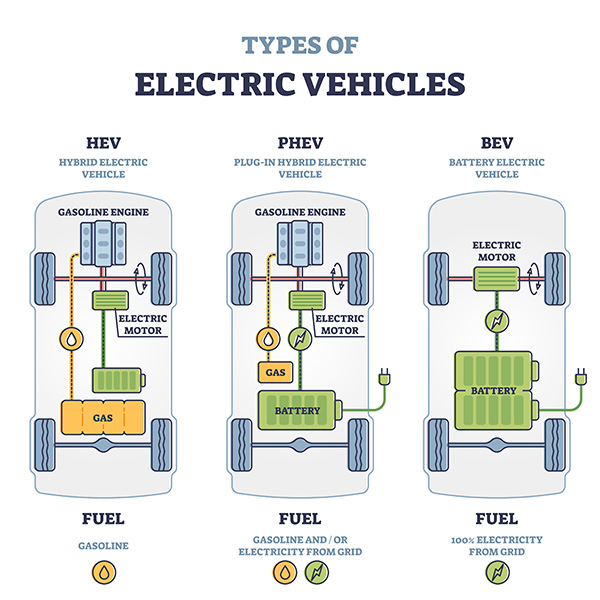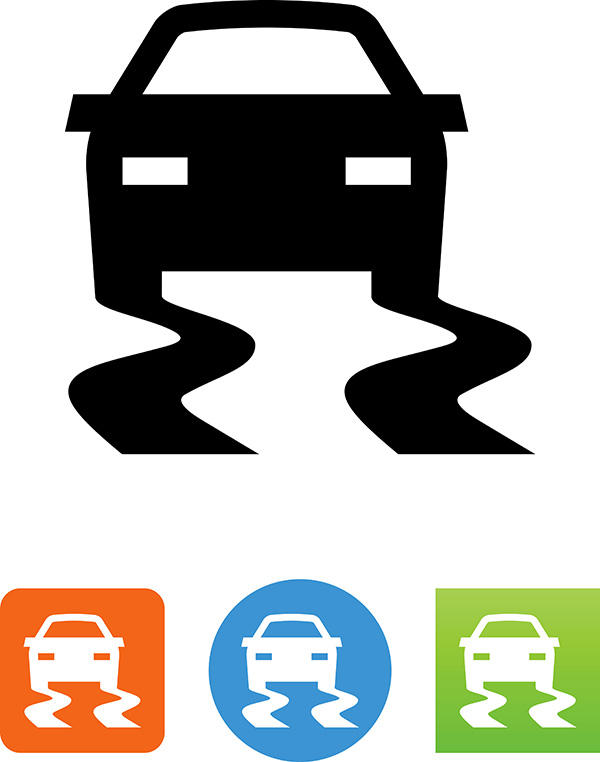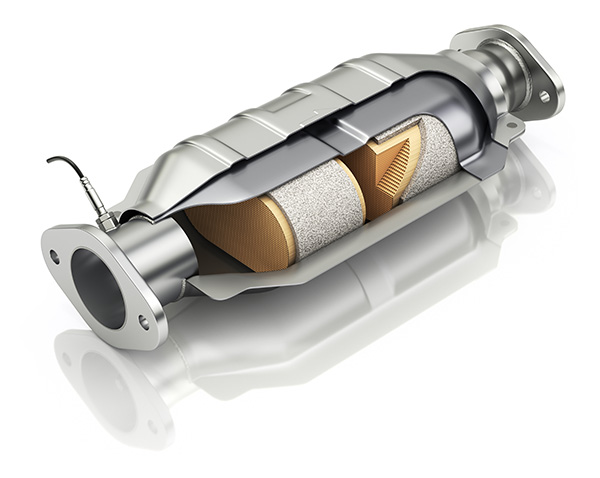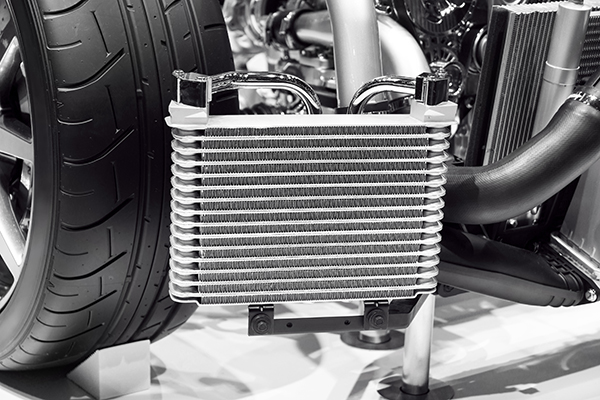Posted on 7/29/2024

The automotive industry is undergoing a transformative shift as environmental concerns and fuel efficiency become paramount. Amid this evolution, hybrid vehicles have emerged as a popular choice for those looking to reduce their carbon footprint without completely transitioning to electric cars. However, not all hybrids are the same. So, what sets plug-in hybrids apart from conventional hybrids? Conventional Hybrids Conventional hybrids have been around for a while. These vehicles primarily rely on their internal combustion engine, with an electric motor that assists in improving fuel economy. The electric motor in a conventional hybrid is powered by a battery that recharges through regenerative braking and the engine itself. Key Features of Conventional Hybrids: Regenerative Braking: This technology captures energy normally lost during br ... read more
Posted on 6/27/2024

In the world of automotive safety, traction control is one of those features that you might not think about until you need it. Whether navigating a slick, rainy highway or accelerating on a snowy road, traction control can be a lifesaver. But how exactly does this system work to keep you safe? Let's break it down and explore the mechanics and benefits of traction control. What is Traction Control Traction control is an electronic system designed to prevent wheel traction loss. When a vehicle's wheels start to slip due to wet, icy, or loose road surfaces, the traction control system (TCS) kicks in to help maintain grip and stability. It modulates the power delivered to the wheels, ensuring that they do not spin excessively. How Traction Control Enhances SafetyPreventing Wheel Spin One key function of traction control is to prevent wheel spin. When you accelerate, especially on slippery surfaces, your wheels might spin faste ... read more
Posted on 5/30/2024

Fuel prices seem to fluctuate more than the stock market these days. Are you always looking for ways to save at the pump? But maximizing fuel economy isn't just about driving less; it's about driving smarter. Whether you're commuting daily or planning a road trip, implementing some effective strategies can make a significant difference in your fuel consumption. Keep Your Vehicle Well-Maintained Regular maintenance is key to ensuring your car runs efficiently. Simple actions like changing the oil, replacing air filters, and checking tire pressure can have a big impact on fuel economy. Using the right grade of motor oil, as recommended by your vehicle's manufacturer, can improve your gas mileage by 1-2%. Regular oil changes keep the engine lubricated and running smoothly, reducing friction and improving efficiency. A dirty air filter can decrea ... read more
Posted on 4/29/2024

Have you thought about what's coming out of your car's tailpipe? Your vehicle's catalytic converter plays a crucial role in keeping the air clean and protecting the environment. How does this essential component work, and why is it so important for the air we breathe? What is a Catalytic Converter? Your car's catalytic converter is a small but mighty device in the exhaust system. Its primary function is to reduce harmful emissions produced by the combustion process, such as carbon monoxide, nitrogen oxides, and hydrocarbons. By converting these pollutants into less harmful substances, the catalytic converter helps minimize air pollution and its negative impact on human health and the environment. How Does it Work? Inside the catalytic converter are precious metals like platinum, palladium, and rhodium arranged in a honeycomb-like structure. As exhaust gasses pass through this structure, chemical reactions occur, breaking down harmfu ... read more
Posted on 3/21/2024

Cooling system leaks can be a source of frustration and concern for car owners, jeopardizing the optimal functioning of the vehicle. Understanding the reasons behind these leaks, how to detect them, and the potential dangers involved is crucial for maintaining your vehicle's health and safety. Signs of Cooling System Leaks Detecting a cooling system leak can be challenging, but certain signs may indicate a problem. Puddles of coolant beneath your parked vehicle, an overheating engine, a sweet-smelling odor inside the car, or a consistently low coolant level are all potential indicators of a cooling system leak. Please never ignore these signs as it can lead to severe consequences for your vehicle's engine and overall performance. 4 Common Causes of Cooling System Leaks If you’re wondering what has caused the leak in the first place, you’ve ... read more